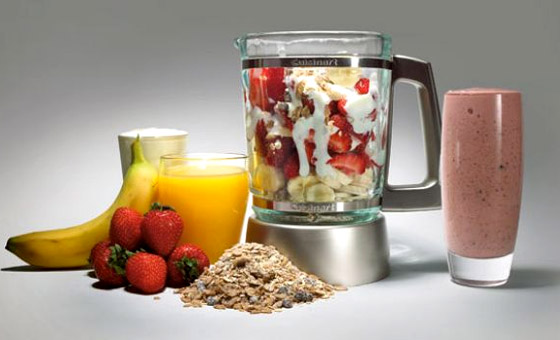
[ad_1]
The cut is one of the important steps in your bodybuilding program! Like the gain of mass, the cut aims to lose weight and especially to lose fat (to fully understand I invite you to read the article on nutrition for mass gain). The objective of a cut is to harden the quality of the contributions and to gradually lower the quantity in order to lose a maximum of fat mass, which will have the effect of radically increasing the definition and also the muscle quality! Just like mass gain, muscle lean involves more than adequate nutrition and also a special muscular dry training program ! Here are some nutrition rules for a muscular cut.

Nutrition program for a muscular cut
During the period of muscular dryness, it is essential to reduce your calorie consumption which should be around 2200 Kcal / day on average. You will also need to plan between 5 and 6 meals and snacks during the day. Each food intake should be spaced 3 or 4 hours apart. You should also remember to hydrate properly: between 2 and 2.5 liters of water per day! another very important point, it will be necessary to regulate the supply of macro-nutrients as follows: Carbohydrates 30%, Proteins 60% and Lipids 10%. As you will understand, it will be necessary eat a lot of protein.

To help you calculate your calorie intake, you should know that 1g of carbohydrates represents 4 Kcal, 1g of proteins also represents 4 Kcal. On the other hand, 1g of carbohydrates represents 9 Kcal. The choice of food is more than essential! It will be necessary to choose the foods according to their nutritional qualities. The quantities depend on your goal.
The number of meals is essential, do not hesitate to divide your daily diet into 5 or even 6 intakes in order to avoid insulin spikes and to maintain constant blood sugar and anabolism. In addition, skipping a meal is strongly advised against.
With regard to carbohydrates, it will be necessary to consume those with a low glycemic index in other words to favor slow sugars and whole grains. Avoid fast sugars!
Protein intake is important in order to preserve lean mass, which is why it is very important to include it in all meals. We will therefore naturally choose foods rich in protein and also use protein powder.

Lipids are to be watched, like milk on the fire! We will have to reduce them but certainly not remove them! Saturated fats, sauces, fried foods are to be avoided. On the other hand, the fats contained in oily fish, oilseeds or olive oil play a major role for the metabolism.
Prefer cooking in the oven, grill or steam, do not too much salt to avoid water retention.
=> Tip: to flavor your dishes, use spices!
It will be necessary to hydrate intensely at the level of 2 to 3 liters of water per day in order to drain the body and keep the volume of muscle cells.

The specificities of the dry diet:
To type in fat, the number of daily calories must be lower than the number of calories burned in order to force the body to use reserve fat. And this is where the difficulty lies: the body must not draw on the muscle to provide itself with energy! It will be necessary to gradually decrease the carbohydrate intake (rice, pasta, potato…), which are considered as the main fuel of the body in order to avoid muscle wasting while reducing fat mass! To optimize fat loss, you can use fat burners !

Carbohydrate intake should gradually decrease in favor of calories from proteins and amino acids. Intakes must be regular and in appropriate quantity and with a low glycemic index so as not to cause storage in the form of fat.
Foods rich in lipids should be avoided! Focus only on the good fats!
Since each individual reacts differently depending on his metabolism, it is also advisable to adapt his diet according to his temperament!
Nutrition program for a muscular cut according to Fitadium for a consumption of 2200 Kcal / day. To be readjusted according to the size and the metabolism of each one.
We start on the principle of consuming 6 meals per day:
- Eating breakfast: Consume around 600Kcal
- Morning snack intake: Consume around 200Kcal
- Breakfast: Consume around 600Kcal
- Afternoon snack: Consume about 200Kcal
- Dinner: Consume about 400Kcal
- Evening snack: Consume around 200Kcal

Similar articles
[ad_2]

